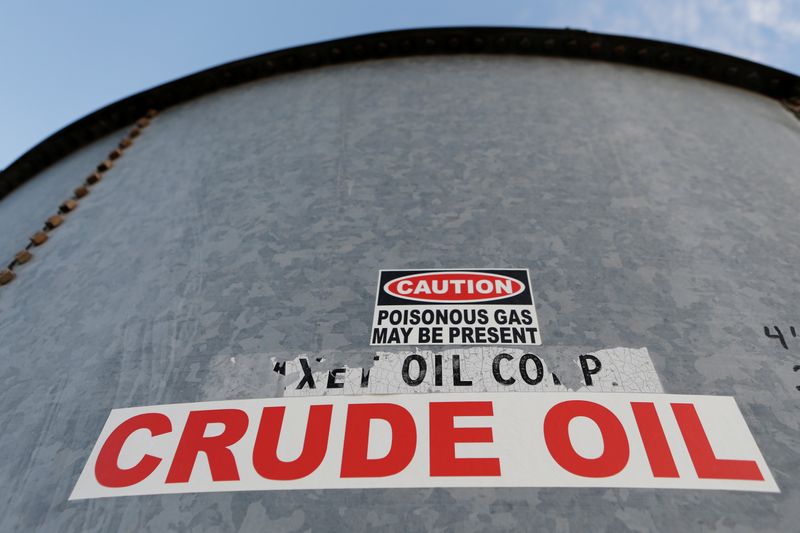By Peter Nurse
Investing.com -- Oil prices slumped Monday, falling close to the lowest levels this year as anti-lockdown protests in China, the world’s largest importer of crude, raised concerns over Chinese demand growth.
By 09:00 ET (14:00 GMT), U.S. crude futures traded 3% lower at $74.00 a barrel, after touching its lowest since Dec. 22 last year, while the Brent contract fell 2.9% to $81.27, falling to its lowest since Jan. 4.
China continues to grapple with record-high daily infections despite the continuance of the country’s strict zero-COVID policy. This resulted in civil unrest in several major Chinese cities over the weekend, as frustration mounted over new restrictions, dashing hope from earlier in the month that their end could be close.
“Sentiment in the oil market remains negative, and developments over the weekend in China will certainly not help,” said analysts at ING, in a note.
Worries surrounding Chinese demand for crude are occurring at the same time as European and U.S. economies, the two other main sources of demand, head into recession.
Turning to the supply side, the U.S. decided over the weekend to renew Chevron's license to pump oil from Venezuela, reversing a years-long ban that aimed to punish the regime of President Nicolás Maduro, in an attempt to boost global output.
“The easing in sanctions will have a limited impact on the market, given that volumes will be relatively small,” ING added.
Also of interest will be any comments ahead of next week’s meeting of the Organization of the Petroleum Exporting Countries and allies, known as OPEC+, on Dec. 4.
“We should start to get some preliminary production numbers for OPEC members for November. This will obviously give a good insight into which members have reduced their output in accordance with the latest OPEC+ supply cuts,” ING added.
The group agreed back in October to reduce their production targets by 2 million barrels a day from November.
Additionally, traders continue to seek news about a price cap on Russian oil from both the Group of Seven major industrialized nations and the European Union countries.
A cap of between $65 and $70 a barrel had been mooted, but EU governments were split on this level, given this is broadly in line with what Asian buyers are already paying.
